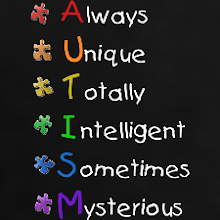What's next?
Google, Facebook test IPv6 Internet upgrade
Wednesday is World IPv6 Day, a clunky name for an experiment that should be invisible to Web surfers but plays a critical role in keeping the Internet running smoothly.
One of the Net's foundational layers is the Internet Protocol, a global communications standard used for linking connected devices together. Every networked device you own -- your PC, smartphone, laptop, tablet and other gizmos -- has a unique IP address. The problem is that we're running out of them. The current system, called IPv4, has the technical capacity to handle 4.3 billion addresses. They're almost all used up: The last remaining batch was assigned out in February.
The old system could handle several billion addresses. IPv6 has room 340 undecillion of them. That's 34 followed by 37 zeros -- enough for every human on Earth to have trillions of personal gadgets.
For 24 hours, starting at midnight UTC (8 p.m. ET) more than 400 major websites around the world are switching their sites over to IPv6 delivery. Google (GOOG, Fortune 500), Facebook and Yahoo (YHOO, Fortune 500) are leading the charge.
"The vast majority (99.95%) of people will be able to access services without interruption: either they'll connect over IPv6, or their systems will successfully fall back to IPv4," Google wrote earlier this week in a blog post about the test. "However, as with any next-generation technology, there may be teething pains. We estimate that .05% of systems may fail to fall back to IPv4, so some people may find Google, Facebook, Yahoo, Bing and other participating websites slow or unresponsive on World IPv6 Day."
Google has a tool posted at http://ipv6test.google.com/ that you can use to test your own connection.





















No comments:
Post a Comment
Comments